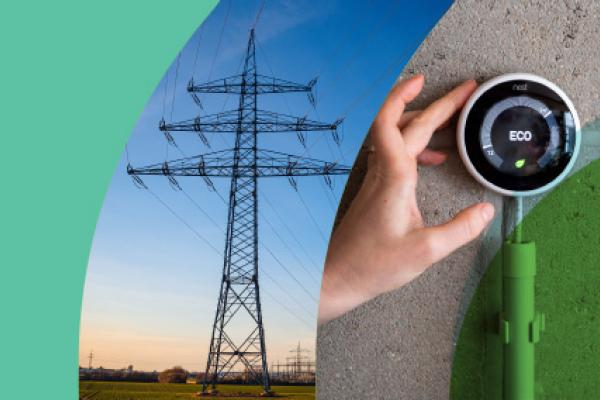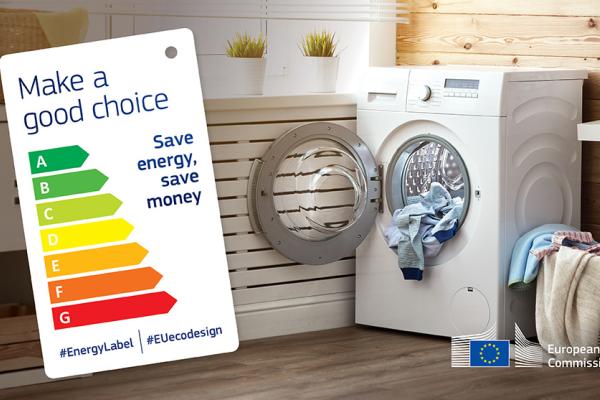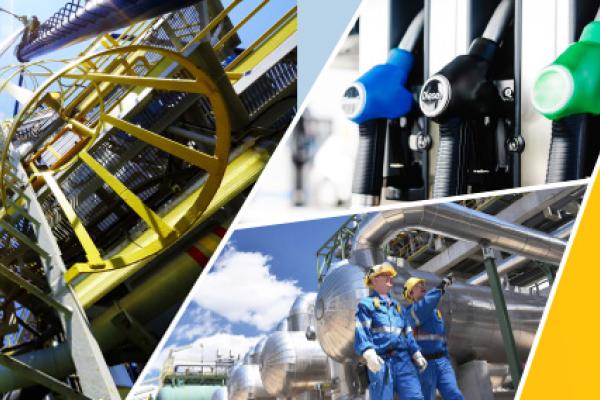Topics
Reducing energy consumption and achieving energy savings is essential to deliver the European Green Deal.
Energy from renewable sources reduces greenhouse gas emissions and lowers our dependence on imported fossil fuels.
The EU's integrated internal energy market helps to keep energy affordable and guarantee secure supplies.
EU policies and local initiatives ensuring a just energy transition by engaging with and supporting citizens right across the EU.
Industrial carbon management and a gradual phase-out of fossil fuels is key for a just and clean energy transition.
A modern energy infrastructure, connecting markets and regions, is crucial to meet the EU’s energy and climate goals.
A resilient EU energy system ensures secure supplies at any time, even during human-made accidents, natural disasters or other disruptions.
Innovation in low-carbon and clean energy technologies are essential to fulfil the EU’s energy union strategy.
Our energy systems need to be sufficiently flexible to facilitate cross-border, cross-sector innovation and investment.
EU programmes, calls for tenders and private-public initiatives are available to finance energy projects.
EU energy cooperation with countries around the world and international institutions.
The EU aims to ensure the safe and secure use of civil nuclear energy, which generates almost 23% of the EU's electricity.
Highlights

Wind energy can be harnessed both onshore and offshore and plays a key role in the clean energy transition.


- Status: Open
Quick links




Featured video
Over a third of Europe’s renewable electricity comes from wind power. Watch our video to learn how wind energy is powering Europe’s cleaner and greener future, boosting energy independence and creating jobs.






